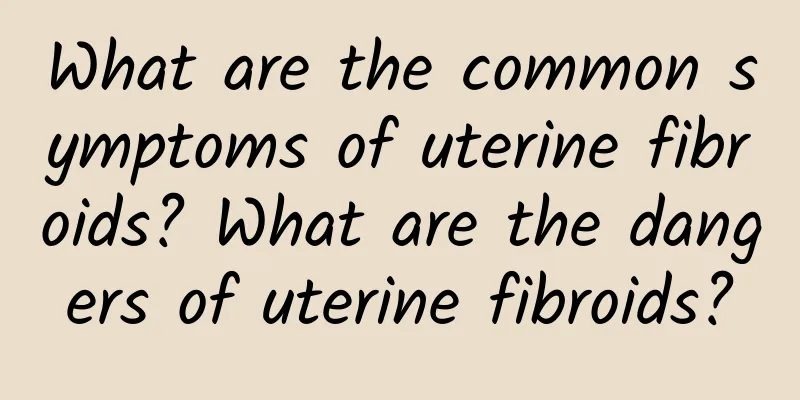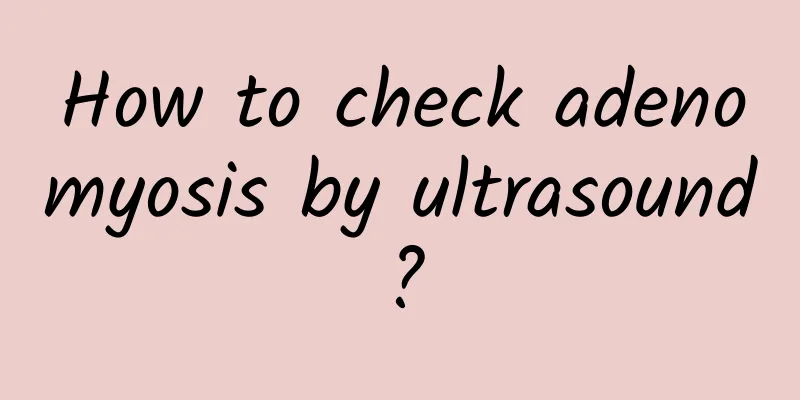What are the drugs for treating vaginitis?

|
What are the drugs for treating vaginitis? Vaginitis is a common gynecological disease, also known as vaginitis, which can cause vulvar and vaginal symptoms such as itching, burning pain, irritation, and abnormal discharge. Due to the characteristics of anatomical tissue, the vagina of a healthy woman has a natural defense function against the invasion of pathogens. If the vaginal opening is closed, the front and back walls of the vagina are close, the vaginal epithelial cells proliferate under the influence of estrogen and surface cell keratinization, the vaginal pH remains balanced, inhibiting the reproduction of alkaline pathogens, and the cervical mucus is alkaline. When the natural defense function of the vagina is damaged, pathogens can easily invade, leading to vaginal inflammation. When a woman's vagina is healthy, there will be aerobic and anaerobic bacteria in the vagina, forming a normal vaginal flora. Any reason that breaks the ecological balance between the vagina and the flora can also form conditional pathogens. Common clinical cases include: bacterial vaginosis, 22% to 50% of women have symptoms, candidal vaginitis, 17% to 39%, Trichomonas vaginitis, 4% to 35%, senile vaginitis, and juvenile vaginitis. Lactobacillus has the advantage of producing hydrogen peroxide in a normal vagina. Bacterial vaginosis is an endogenous mixed infection caused by a decrease in lactobacillus in the vagina and an increase in Gardnerella and anaerobic bacteria. After menopause, due to decreased ovarian function, decreased estrogen levels, vaginal wall atrophy, thinning of the mucosa, increased vaginal pH, and decreased local resistance, other pathogens overgrow or easily invade and cause inflammation, mainly aerobic bacteria. 10% to 40% of patients have no clinical symptoms. Symptomatic patients are mainly manifested by increased vaginal discharge and fishy odor, especially after sexual intercourse, which may be accompanied by mild vulvar itching or burning sensation. Examination of the vaginal mucosa showed no signs of congestion or inflammation, and the secretions were grayish white, uniform, thin, and often attached to the vaginal wall, and the secretions could be easily wiped off the vaginal wall. When treating female vaginitis, oral medications are not very effective, and direct vaginal administration is more effective. It is recommended to pay attention to rest and keep warm, avoid fatigue, usually drink more hot water, and avoid raw, cold, spicy, and irritating foods. |
>>: What are the early symptoms of pelvic effusion?
Recommend
How much does it cost to do abortion surgery now?
The current reference price for abortion surgery ...
TCM's interpretation of Bartholinitis
It is very painful for women to suffer from Barth...
What is the treatment for pelvic inflammatory disease?
What is the treatment for pelvic inflammatory dis...
How to adjust abnormal leucorrhea
Abnormal vaginal discharge is a common health pro...
Should your knees not go beyond your toes when squatting? Doctor God Answers...
Whether the knees can go beyond the toes when squ...
Ovarian cyst pain symptoms
Ovarian cyst pain symptoms: Ovarian tumors are co...
What are the causes of multiple uterine fibroids? What is the best diet for multiple uterine fibroids?
Uterine fibroids are divided into two types: sing...
Is it easy to get pregnant with ovarian cysts? What are the common symptoms?
Is it easy to get pregnant with ovarian cysts? Wh...
What should you pay attention to when you have threatened abortion?
What should we pay attention to in case of threat...
Throat itchy and want to cough? Strengthen your respiratory tract by eating this way...
"Doctor, why do I often feel an itchy throat...
Be alert to symptoms of uterine fibroids
Uterine fibroids are very harmful to women, and t...
CT features of submucosal uterine fibroids
Uterine fibroids can be divided into intramural f...
The number of "tight-legged gangs" running marathons has increased! Doctor: 6 reasons why traditional flip-flops are not suitable for running
In the 2021 New York 5000km Ultramarathon Challen...
What should be paid attention to in the treatment of uterine fibroids? Traditional Chinese medicine treatment method for uterine fibroids
The incidence of uterine fibroids has been high i...
Intramural fibroids are the most common classification of uterine fibroids
Uterine fibroids are more common in middle-aged w...









